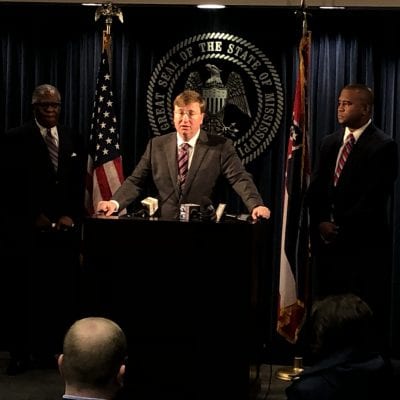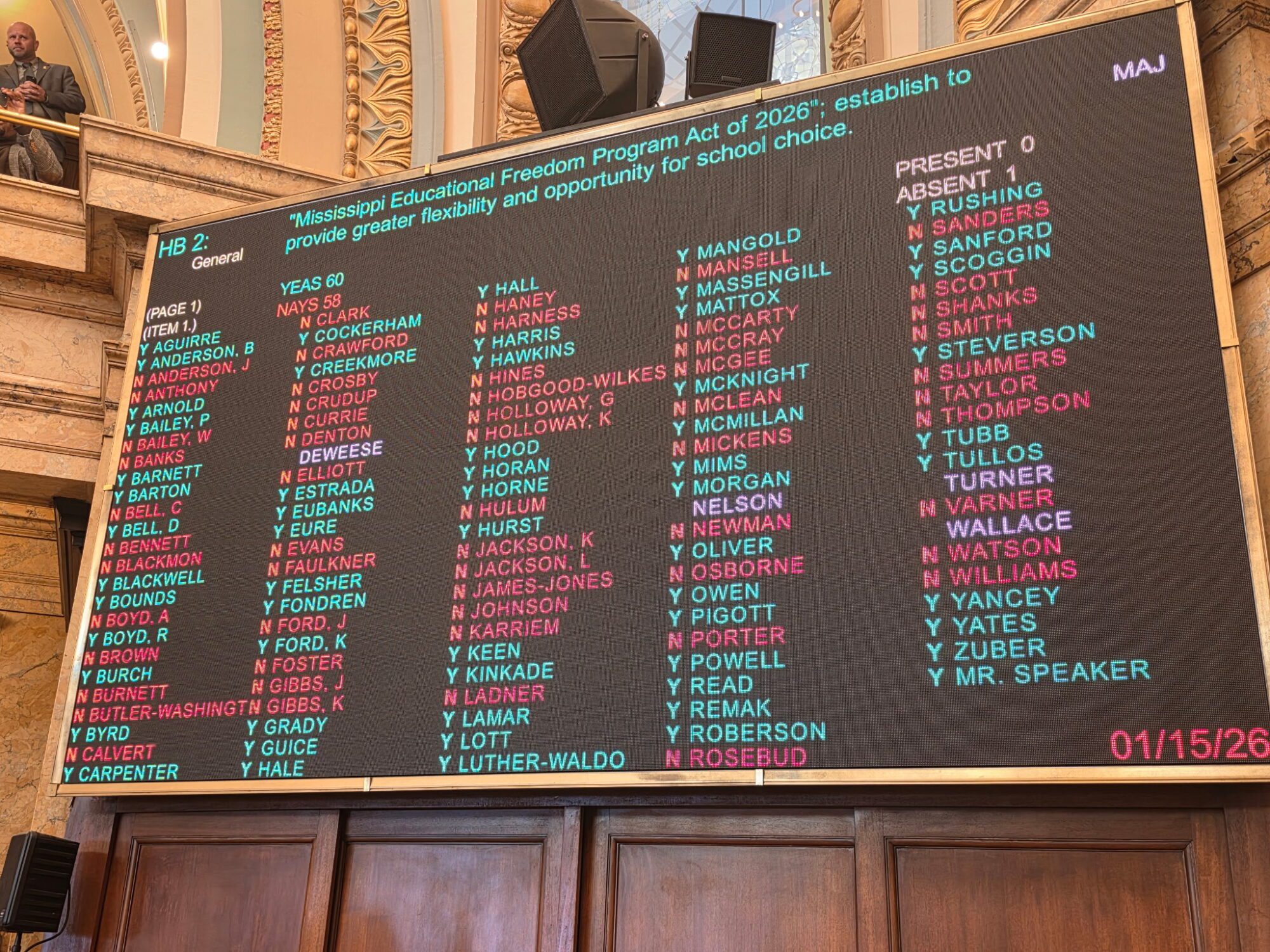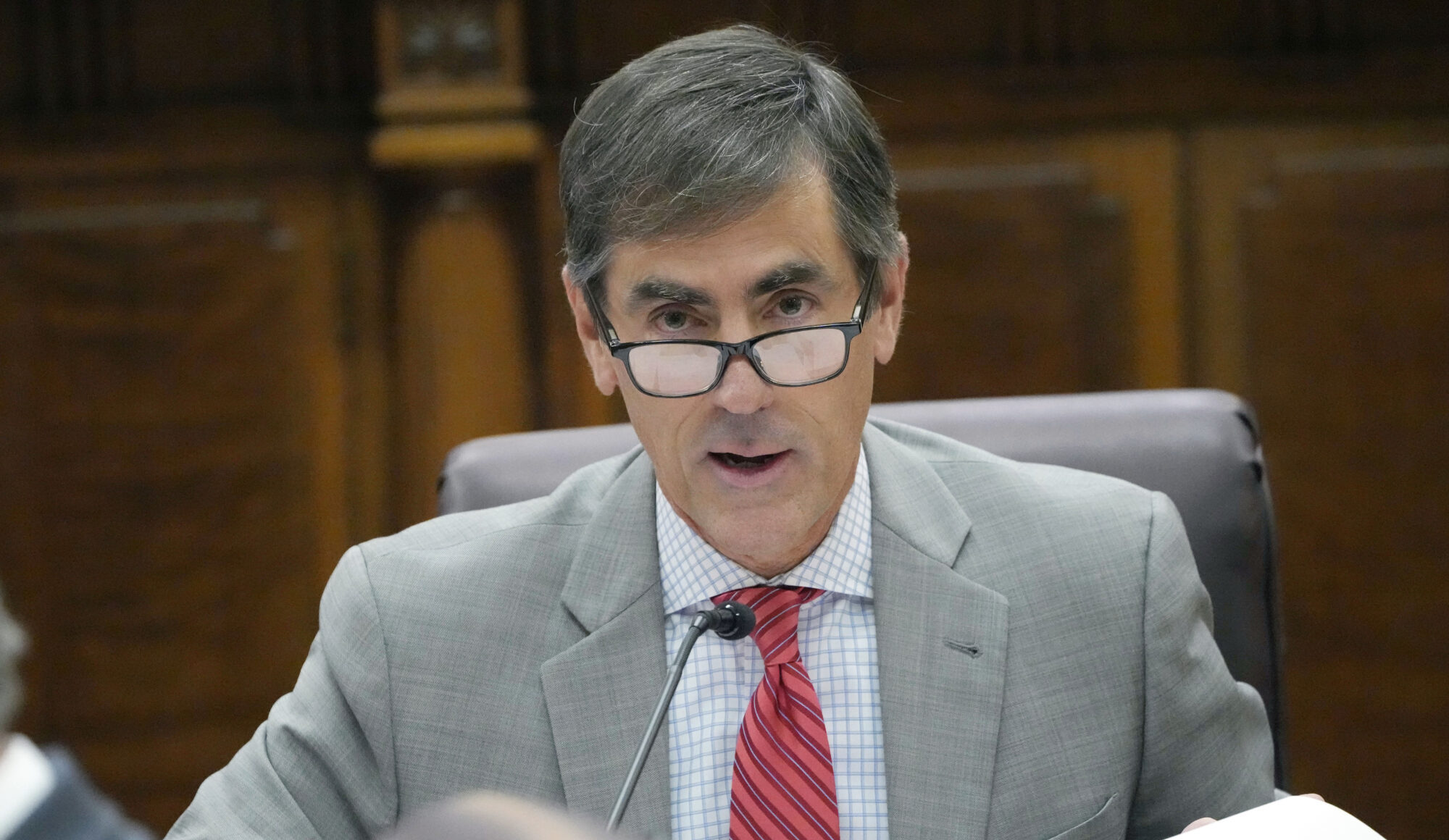
The confusion still continues for some lawmakers after a recent decision by PERS regarding legislative service and retirement benefits.
Back in December, the Public Employees Retirement System made the policy modification that lawmakers could draw on retirement while serving in the legislature. The decision was made in good faith that the IRS would soon sign off in favor of the action and in response to a letter of opinion released by the former AG. However, PERS does not create law or dictate statutes. Current law prohibits those serving in the Legislature from drawing on retirement as a full time state employee.

At that time, Y’all Politics broke the story about long time legislator Rep. Robert Johnson notifying Speaker Gunn of his retirement just days after being re-elected to another term to concurrently collect PERS while still drawing his legislative salary. He reportedly then verbally rescinded that decision. He has since been sworn in for his new term.
The code section in state law says that a retiree that is employed by the state can only do so after 90 days, as a part-time employee, and not receiving more than half of the salary for that position at the time of employment. They also cannot exceed 25% of the retiree’s average compensation.

Speaker of the House Philip Gunn has said he has no intention of changing the statute since it would be a conflict of interest for lawmakers to have the ability to create laws that would directly benefit them in regard to drawing retirement.
“Regarding current sitting members of the Mississippi Legislature seeking to draw full retirement while serving, the statutes are clear that it is not allowed,” Gunn said. “The statutes were obviously put in place to prevent legislators from drawing double pay from the citizens while serving in the legislature. We do not intend to change that policy.”
Since the start of the Legislative Session of 2020, four Republican members of the House of Representatives have caused a stir over the issue. They are Rep. Dale Goodin of Perry County, Rep. Billy Andrews of Lamar County, Rep. Ramona Blackledge of Jones County and Rep. Jerry Darnell of DeSoto County.
The decision that was made by PERS to allow the “double dipping” came in response to an opinion released by former Attorney General Jim Hood nearly a year before.
Sen.S.norwood Nov. 29 2019A… by yallpolitics on Scribd
PERS guidelines also have a 90 day break-in-service clause, which would have prevented any 2019 legislators otherwise eligible for retirement, from drawing on it and then returning to work for their term in 2020.
The current statutes are clear, a PERS retiree is not allowed to receive retirement benefits while serving as a member of the Legislature and receiving compensation for full time work for the state. Under the return-to-work option for PERS retirees, a retiree is not allowed to receive more than a certain amount of compensation. The House Management Committee would also have to authorize that a House or any employer representative of the House certify that the member will be able to receive less than the compensation mandated by the statute, which would imply that they are serving their constituents on a part-time basis.
Other outlets are reporting that the State Representatives mentioned above are considering filing a suit if Gunn does not allow the House Management Committee to reduce the amount they receive in order to draw on their retirement.
Gunn remains firm that the committee has no legal authority to make those changes in state law, nor does he plan to approve any legislation that would change the policy.
 PERS continues to have nearly $17 billion in unfunded liabilities, and there are substantial questions about whether this practice could be detrimental to the state’s already struggling retirement system. Newly minted State Treasurer David McRae (who sits on the PERS Board) stated, “I commend Speaker Gunn for speaking up for fiscal responsibility PERS cannot handle the body blow of double dipping.”
PERS continues to have nearly $17 billion in unfunded liabilities, and there are substantial questions about whether this practice could be detrimental to the state’s already struggling retirement system. Newly minted State Treasurer David McRae (who sits on the PERS Board) stated, “I commend Speaker Gunn for speaking up for fiscal responsibility PERS cannot handle the body blow of double dipping.”
If allowed to concurrently draw retirement, these members would continue to accrue additional retirement benefits like Supplemental Legislative Retirement Program (SLRP).
This statute does not mean that lawmakers who are retired can never draw on their retirement, it simply means that while they receive payment for their service in the House or Senate they cannot collect from PERS.











